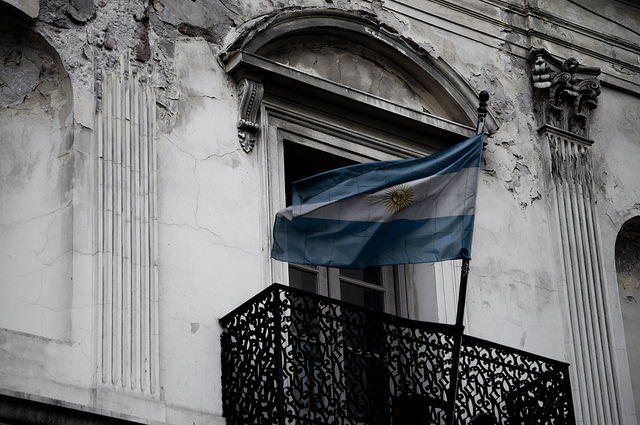After the electoral results of last October 22, tears ran among Cristina Fernández de Kirchner’s supporters. They waited with their souls in suspense, minute after minute, wishing for a last minute miraculous change, but they had to accept President Macri, and his coalition’s, Cambiemos, overwhelming victory.
Since the time of Raúl Alfonsín, in 1985, an Argentinian President had not won the intermediate elections in all the most important districts of the country. Macri triumphed even in Santa Cruz, where former President Néstor Kirchner’s sister still governs; as well as in key provinces for Kirchnerism, such as Salta and the Chaco; and in Buenos Aires itself, where Cristina lost by four percentage points.
San Luis, a feud of the Rodríguez Saa, is the only province in which Kirchnerism maintained power, despite the negative results of the primaries. Complaints have already begun to emerge however, according to which they would have managed to stop the loss of votes, thanks to the activation of last-minute social policies.
For a moment, just for a moment, after the primary, open, simultaneous and obligatory elections, the victory of Cristina Kirchner in Buenos Aires, by a small margin, fueled the illusion of seeing the former President emerge like Phoenix from the ashes. The peoples answer in the October elections however was overwhelming.
There were many causes behind a defeat that had the effect of an avalanche on Peronism, highlighting cracks and weaknesses. Cracks that Cristina helped deepen with a self-centered policy, which alienated many of her most important collaborators and fueled hatreds and resentments.
As former deputy Vilma Ibarra wrote in her book, Cristina versus Cristina, at times, Kirchner proved to be her own worst enemy.
Cracks within Kirchnerism and Peronism deepened also because of the multiple corruption scandals that splashed heavily on the leader’s family, leaving a shadow of disappointment and doubts about their ethical sense and love for the country.
Wrong economic decisions, unfulfilled promises, and a very debatable foreign policy, expanded the base of the disenchanted ones, who stopped believing in that political class and considering it a solution for the country.
The Kirchnerists joined in a deep silence after October 22. A silence that became more noticeable after the noise they had made during the entire election campaign. They raised hell on the streets and the Internet, mainly, as a result of the disappearance of young Santiago Maldonado, after he participated in a manifestation in defense of the mapuches. A few days later, the activist’s body was found; and the autopsy confirmed that it showed no injuries.
If on the one hand the Kirchnerists and, in general, the Peronists pass from one to another mea culpa, by studying the changes they must face, Macri, after the euphoria of triumph, knows that he must overcome a trial by fire. Without excuses, he must now solve the most serious problems in the country. His political future will depend on these solutions.
So far he has managed to plant a hope, to which not only entrepreneurs and middle class sectors, but also many humble people, have clung. This hope has been transformed into votes of trust that Macri must honor with concrete facts.
Argentina’s problems are serious and urgent: excessively high inflation, alarming poverty rates, strong regional asymmetries, unemployment and indebtedness are some of the issues that need to be resolved.
From the box of victory, Macri has said: «We must not fear reforms.» The Argentinians demonstrated in the polls that they have already lost their fear.
Photo Credits: elad abraham ©


